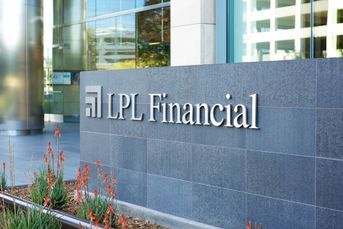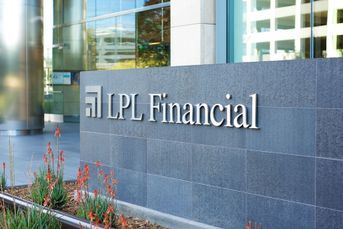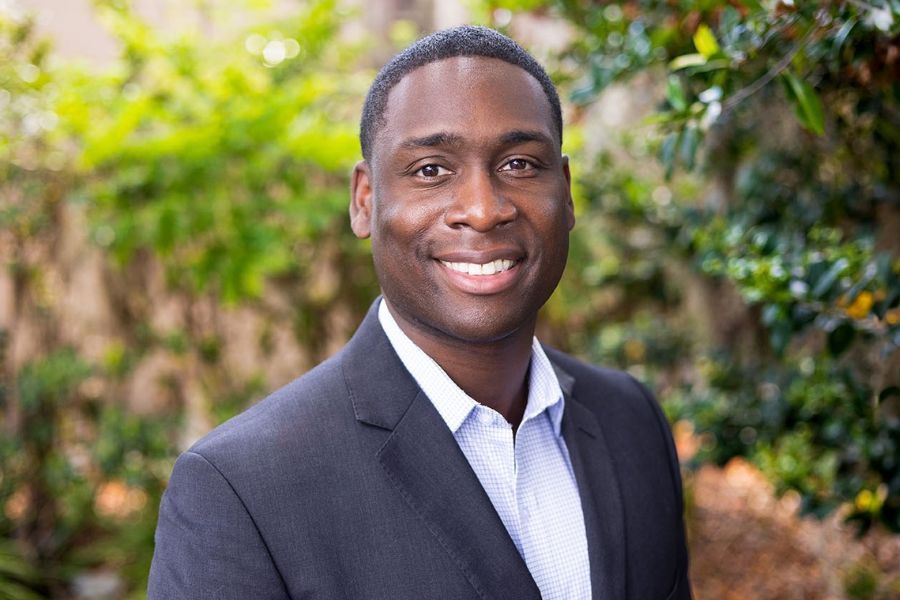TD Ameritrade introduces new retail robo-adviser platform
Custodian offers five portfolios with investment selected by Morningstar professionals.
TD Ameritrade Holding Corp. is the latest custodian to launch a low-cost direct-to-consumer robo-advice platform to attract clients who don’t want to pay more for human help with financial planning and investing.
The Omaha, Neb.-based company’s Essential Portfolios is available now, though a splashier launch for the robo-adviser will occur early next year.
Aimed at the “value-conscious investor,” the online platform leads clients through an automated process of establishing goals and identifying key dates for long-range aims like college planning, wealth generation and retirement. Investors will be matched with portfolios of passive exchange-traded-funds for a flat fee of 30 basis points and a $5,000 minimum investment.
There will be five portfolio strategies with fund recommendations by Morningstar Investment Management – each consisting of five nonproprietary ETFs and cash. Amerivest will monitor and automatically rebalance the portfolios.
The intent for the robo-adviser launch is not to compete with advisers, rather to bring in new categories of clients.
“Our intent is to bring in new investors and serve them throughout their investing journey,” said Lule Demmissie, managing director of investment guidance at TD Ameritrade.
“We have found that not all investors, even those with substantial wealth, necessarily want to work with an adviser. For these investors, we need to offer solutions that better fit their needs,” she said.
TD Ameritrade joins the wave of custodians in launching their own robo-advisories. Charles Schwab introduced its retail robo-advice, Intelligent Portfolios, in March 2015 while Fidelity Investments unveiled its Fidelity Go platform in July 2016.
Lex Sokolin, global director of fintech strategy at Autonomous, believes that custodians entering the advisory space is the result of a redefinition of the entire investment management industry. Especially in robo-advice, where recent reports project between $1.5 and $2.4 trillion of assets in this channel by 2020.
“Everyone is jumping into the space, from ETF manufacturers (Blackrock, Schwab, Fidelity, Invesco) to distributors (Bank of America, UBS, LPL) to independents,” Mr. Sokolin said.
Custodians, however, will still have to work harder to move beyond offering passive portfolios.
“Tech-first robos draw focus to their features – from mobile design, to tax-loss harvesting, to data aggregation or $500 minimums,” Mr. Sokolin said. “If you look closely at the B2C robo-advisers, they are about eight years ahead in feature development over a passive portfolio selection tool like what most of the custodians have launched.”
In effort to catch up with the startups, TD Ameritrade also announced additional features including tax loss harvesting that will be introduced over the coming months, echoing features Betterment already offers. Mr. Sokolin believes over the years, startups and incumbents will look increasingly similar in their offerings.
“It is a land grab over the next few years, and the winner will have the strongest ties digitally directly to the client,” Mr. Sokolin said.
Some advisers are not worried about custodians entering their advisory space, since clients still want the human touch.
“I don’t have a real issue with them entering the space. Most clients want technological advancement but also want it paired with a human element that can offer professional guidance,” said Timothy Baker, founder and principal of Wealthshape.
“The robo movement is ever evolving. As a firm that embraces technology, I believe in taking the best of what robo tech has to offer while filling the voids it leaves behind,” Mr. Baker said.
Learn more about reprints and licensing for this article.








